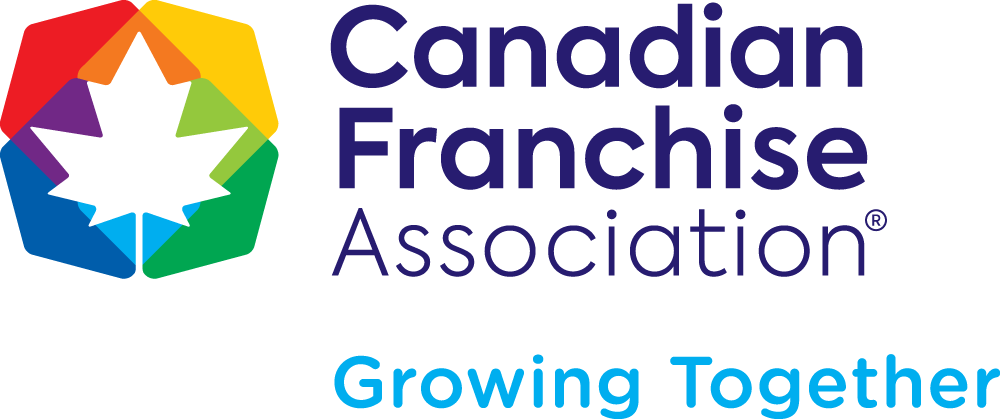INDEX:
Maximum Weekly Limit
Electronic/Written Agreements
Cancelling the Agreement
What Counts as “Work Time”?
What Does Not Count as Work Time?
Travel Time vs Commute Time
Training/Orientation

The maximum number of hours an employee may work in a day for one employer is:
º Agreement must exactly state how many hours over 8 in a day the employee will be permitted to work, and the employee may not exceed these hours.
The maximum number of hours an employee may work in a week for one employer is:
º Agreement must exactly state how many hours over 48 in a week the employee will be permitted to work, and the employee may not exceed these hours.
NOTE: Overtime still must be paid.
Requirements for a valid agreement:
The employee may cancel the agreement by providing the employer with 2 weeks’ notice in writing/electronically. The
employer may cancel the agreement by providing reasonable notice. Once cancelled, no working excess daily/weekly hours is permitted.
NOTE: Once the agreement is cancelled the employee cannot work the excess hours.
When an employee is doing his or her job, and they are required to be at the workplace. This may or
may not include travel time.
“Commute time” is not work time.
“Travel time” can be work time:
If you require an employee to take training before working, or the law says the employee must have mandatory training, the time spent training does count as work time. Meaning, this time must be paid.
If an employee wants a promotion and must take special training to qualify for the promotion, this time does not count as work time and can be unpaid.
An employer must provide the employee with at least 11 consecutive hours “off work”. An employer
cannot contract this out.
NOTE: This is not applicable to “on call” employees.
An employer and employee can make an agreement, electronically or in writing, for less than 8
hours off work between shifts. This limitation does not apply if the total time an employee works on
both shifts is 13 hours or less.
Example:
An employee must receive at least:
When the employer is experiencing “exceptional circumstances” it can compel an employee to work
in excess of:
What are “Exceptional Circumstances?”
What are NOT “Exceptional Circumstances”
The employer must provide the employee with an eating period after 5 hours of consecutive work.
An eating period may be:
Meal breaks are unpaid unless an employer agrees to pay for meal breaks. If a meal break is paid, an employee must not work during this time or it will not count as a meal break.
Example:
He has a total of 30 minutes for an eating period within a five-hour window.
Coffee breaks are optional. If an employee must stay at work during a coffee break, he or she must be paid at least minimum wage for that time.
Example 1:
Example 2:
No restrictions on timing for an employee’s shift. An employer does not have to provide
transportation to/from work if an employee works late.
This guide should not be used as or considered legal advice. You may have greater rights under an employment contract, collective agreement, or other legislation. This Tool Kit is a source of information about key sections of the ESA that affect our members the most. It is meant to assist you, but is not as detailed as the ESA legislation. If you have questions or concerns regarding the rights and/or obligations of your employees or employers, please consult with a labour lawyer.
Questions?
Contact David Black, Director, Government Relations & Public Relations at dblack@cfa.ca or call 1-800-665-4232 ext. 297.

